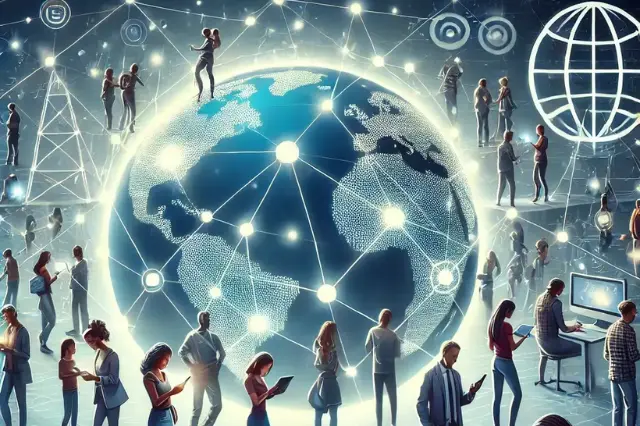The internet has become an integral part of our lives, connecting people, businesses, and knowledge systems. It is hard to imagine a day without it, as it facilitates everything from education to employment, healthcare, and communication. However, the critical question arises: should access to the internet be elevated to the status of a fundamental right, or should it remain a constitutional right? To answer this, we must first understand the distinction between these rights.

Nainital High Court Uttarakhand
Constitutional vs. Fundamental Rights
Constitutional rights are defined by the nation’s constitution and may be suspended under special circumstances, such as during a state of emergency. They are not universal, as their applicability may depend on specific conditions. For instance, the right to vote is a constitutional right but not a fundamental one.
In contrast, fundamental rights are universal and guaranteed to all citizens, regardless of race, religion, gender, or caste. These rights are protected under Part III of the Indian Constitution, and any violation of a fundamental right allows citizens to directly approach the Supreme Court under Article 32. This privilege is not extended to constitutional rights, making fundamental rights more sacrosanct and essential for a just and equitable society.
Internet as an Instrument for Fundamental Rights
The internet plays a pivotal role in fulfilling several fundamental rights:
- Right to Education (Article 21A):
Access to education increasingly relies on internet-based resources. E-learning platforms, digital libraries, and online courses empower students and professionals to acquire knowledge. Denying internet access can limit educational opportunities, effectively curbing the right to education. - Right to Work (Article 19(1)(g)):
The internet has revolutionized workplaces, enabling remote work, global trade, and digital entrepreneurship. Restricting internet access could severely impact an individual’s ability to work, communicate, or conduct business, thereby violating their right to livelihood. - Freedom of Speech and Expression (Article 19(1)(a)):
Social media and online platforms allow individuals to voice opinions, share ideas, and engage in meaningful discourse. The internet fosters creative expression, including art, music, and writing, making it a cornerstone of modern freedom of expression. - Right to Religion (Articles 25-28):
Religious practices and knowledge dissemination have embraced digital mediums. Websites, virtual pilgrimages, and online forums provide access to religious texts, discussions, and rituals, supporting the freedom of religion. - Right to Information (Article 19(1)(a)):
The internet is the most accessible and cost-effective means of obtaining information. Whether it is academic research, global news, or government updates, the internet ensures citizens remain informed and empowered.
Judicial Precedents
In Anuradha Bhasin v. Union of India (2019), the Supreme Court of India recognized internet access as a fundamental right under Article 19. The court ruled that freedom of speech and expression includes the right to access the internet, affirming its indispensability in modern life.
In another landmark case, Faheema Shirin v. State of Kerala (2019), the Kerala High Court declared internet access as part of the right to education and personal liberty, striking down a hostel rule that restricted mobile phone usage.

The Case for Internet as a Fundamental Right
The prolonged internet shutdown in Jammu and Kashmir in 2019 highlighted the consequences of restricting access. Students missed exams, doctors faced communication hurdles, and businesses suffered losses. The shutdown not only disrupted daily life but also violated fundamental rights like education, work, and freedom of expression.
Making internet access a constitutional right would allow governments to suspend it during emergencies, but designating it as a fundamental right ensures greater protection. Citizens could directly approach the courts if their internet access is unjustly restricted, safeguarding other associated rights.
Conclusion
The internet has become as essential as air and water in today’s world. Recognizing it as a fundamental right would uphold the principles of equality, liberty, and justice, ensuring that no citizen is deprived of opportunities in education, work, or expression. While the potential misuse of the internet by anti-social elements cannot be ignored, its significance in empowering individuals and fostering development far outweighs the risks. The Supreme Court’s recognition of this right is a step in the right direction, reaffirming that in the digital age, access to the internet is indispensable for a dignified and informed life.

For Advertisment & Article Conatct :+91 7321012159